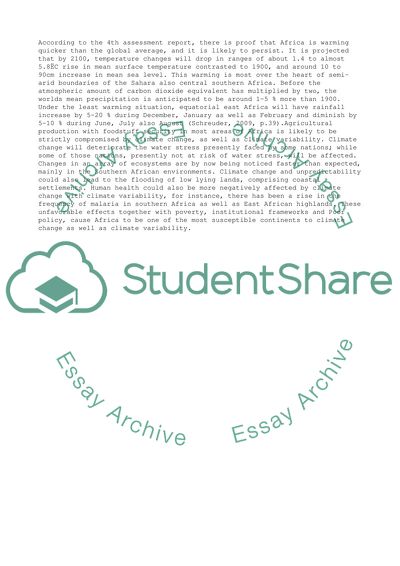Cite this document
(“Climate Change Policy in a Globalizing World Essay - 1”, n.d.)
Retrieved from https://studentshare.org/business/1611542-module-name-ethics-and-business
Retrieved from https://studentshare.org/business/1611542-module-name-ethics-and-business
(Climate Change Policy in a Globalizing World Essay - 1)
https://studentshare.org/business/1611542-module-name-ethics-and-business.
https://studentshare.org/business/1611542-module-name-ethics-and-business.
“Climate Change Policy in a Globalizing World Essay - 1”, n.d. https://studentshare.org/business/1611542-module-name-ethics-and-business.


